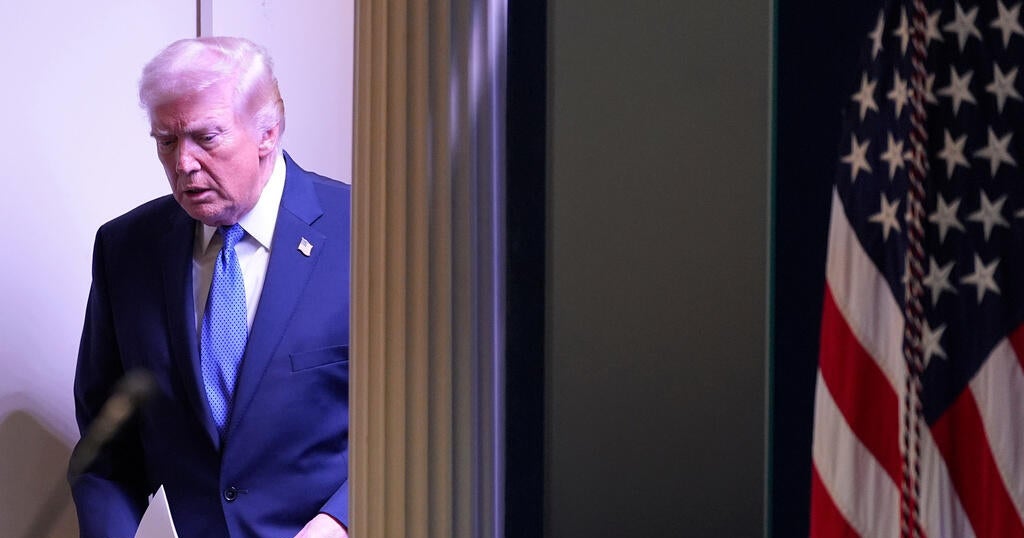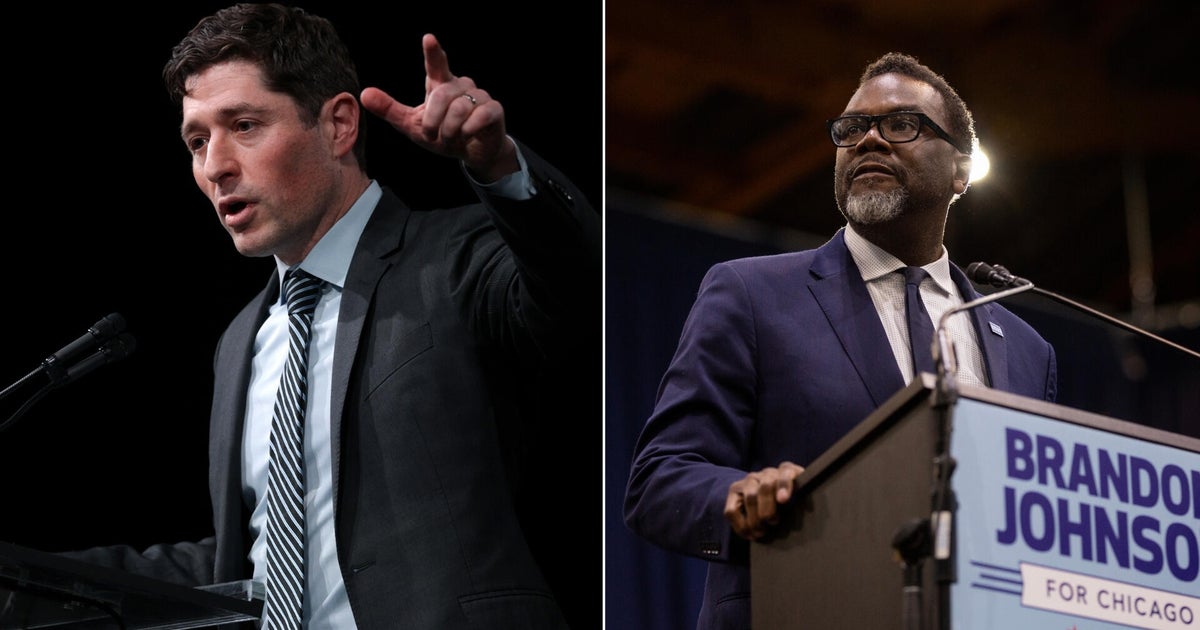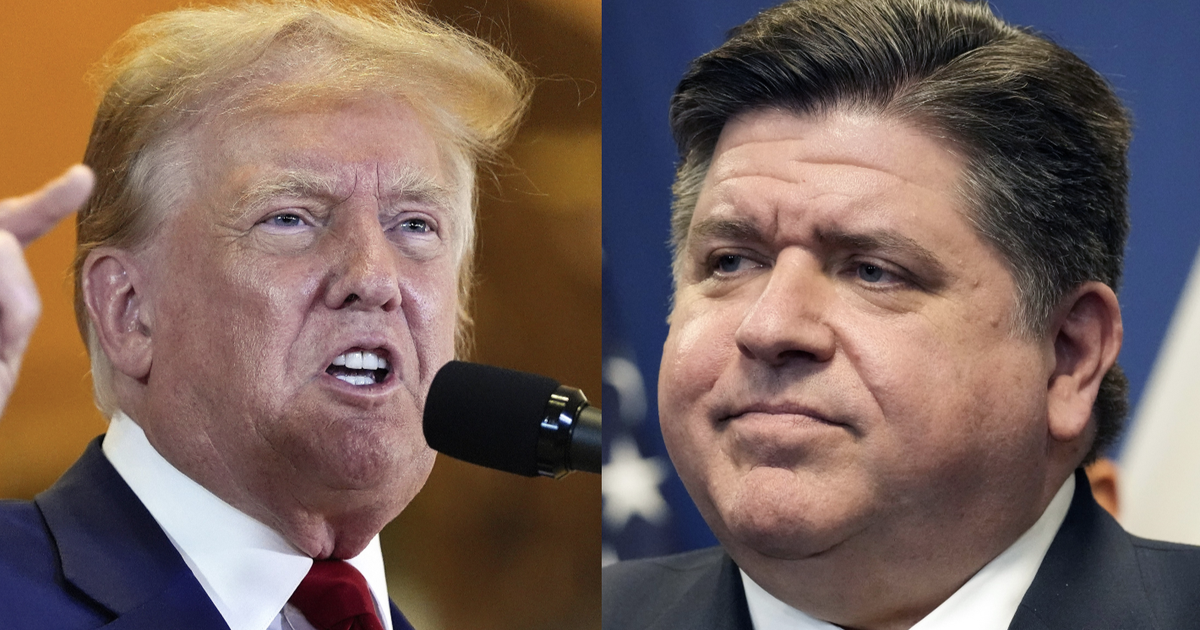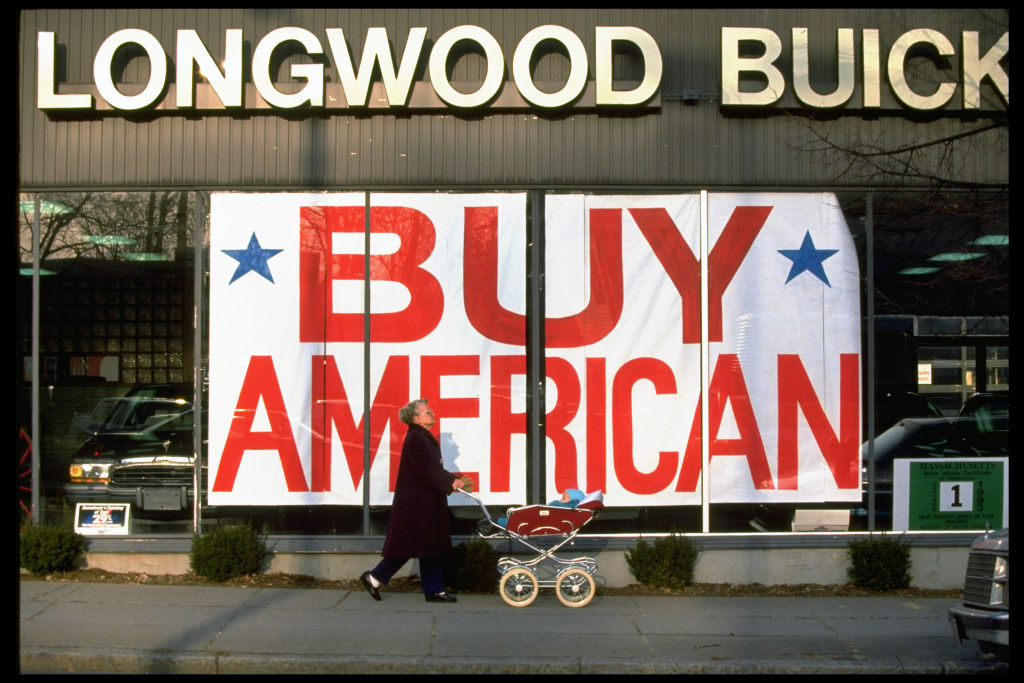"Trade war" stock portfolio takes a direct hit
Wall Street's healthy rally on Monday sure didn't last. Stocks reversed course on Tuesday, as a late bout of selling spoiled the mood. Even the Russell 2000 small-cap index broke its streak of four consecutive record closes. Now, the weakness is apparently ready to strike again, according to Wednesday morning stock futures, which show the Dow Jones industrials opening sharply lower.
The bulls looked set to carry the day again on Wednesday after Chinese officials said they would cut the import tariff on U.S. autos to 15 percent from 25 percent -- playing into the hopes of thawing trade relations between Washington and Beijing.
But late-breaking headlines from President Donald Trump concerning Chinese telecom company ZTE, which is threatened by harsh U.S. sanctions after admitting to selling equipment to North Korea and Iran, dampened spirits. Trump said a deal hadn't been found to save the company yet, but one could involve a change in management and a $1 billion-plus fine. Moreover, he added that while trade talks with China had begun in earnest, he wasn't pleased with how they've progressed thus far.
The hot-then-cold dynamic has whipsawed the four-stock "trade war" portfolio I unveiled back on April 10. Consisting of Boeing (BA), Caterpillar (CAT), Deere (DE) and Tyson (TSN), this portfolio has shown increased sensitivity to the vagaries of the U.S.-China trade standoff relative to the overall market. That's because all four are highly vulnerable to the threat of tariffs or other barriers, whether of Tyson's product lineup or Boeing's airliners.
Since hope dawned of a possible trade deal earlier this month, the portfolio is up nearly 9 percent vs. a 3.8 percent gain for the S&P 500 SPDRs ETF. Gains were particularly strong on Friday and Monday, with the basket rising 2 percent and 1.9 percent, respectively, vs. a decline of 0.3 percent and a rise of 0.8 percent, respectively, for the broad market.
But the flipside is this group felt Tuesday's disappointment more acutely: The portfolio fell 1.6 percent vs. a 0.3 decline for the SPDRs.
The volatility shows no signs of ebbing. And according to SentimenTrader, so-called smart money hedging traders are taking a large bet that the CBOE Volatility Index (VIX) -- known as Wall Street's "fear gauge" -- will rise in the coming months for the first time since January.
Historically, when these hedging traders make such bets, the VIX does indeed tend to rise. Stocks tend to amble along, with an average return of 1.6 percent two months later vs. a gain of 3.9 percent when these traders are betting against volatility.
Sounds like a recipe for a listless summer, with lots of ups and downs as President Trump tries to wrestle the Chinese into closing their trade surplus with the U.S.



